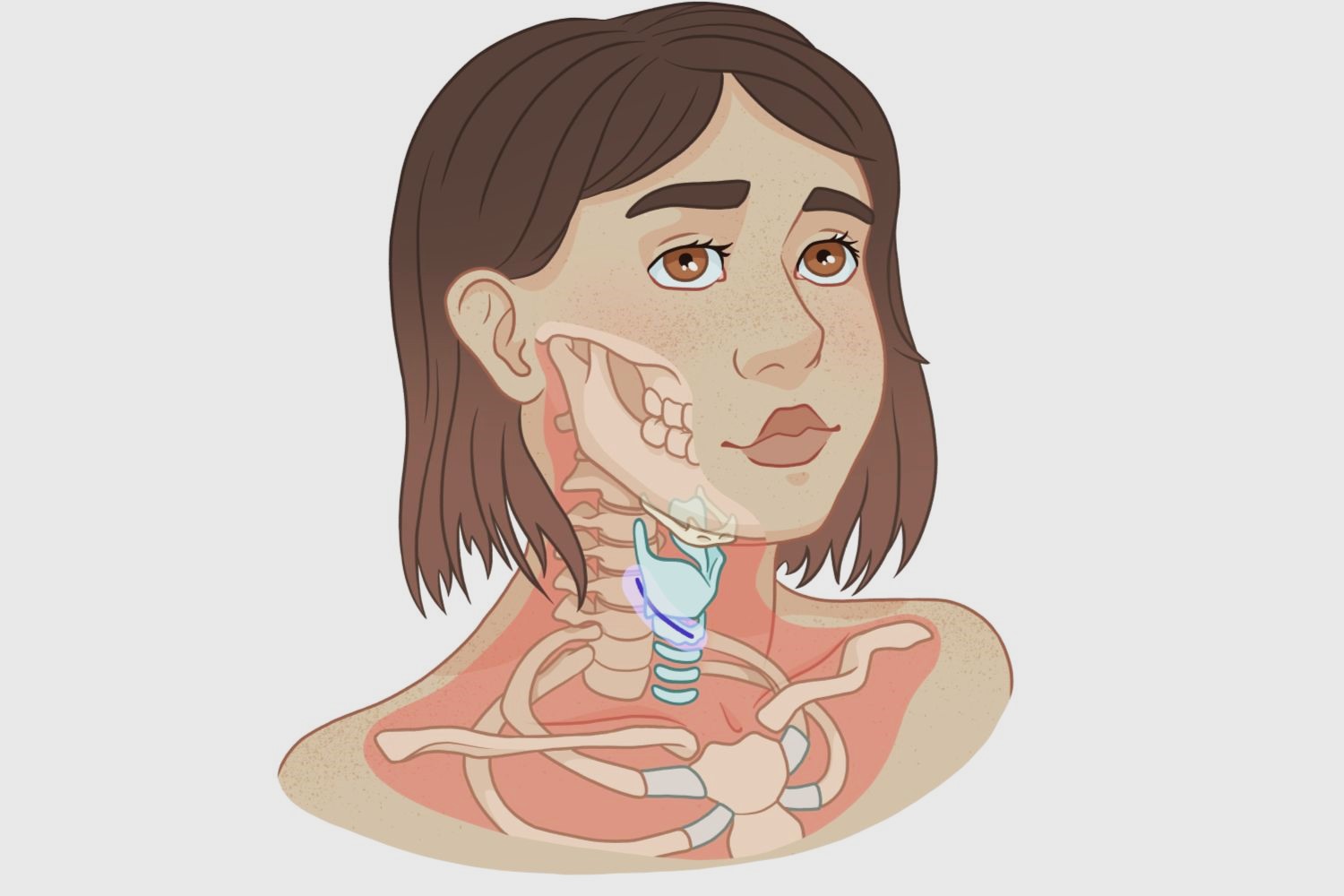
Otofaciocervical Syndrome (OFCS) is a rare genetic disorder that affects the development of the ears, face, and neck. How rare is it? Fewer than 100 cases have been documented worldwide. This syndrome can lead to a variety of physical abnormalities, including malformed ears, distinctive facial features, and neck anomalies. What causes it? Mutations in specific genes, such as PAX1, are often responsible. Who does it affect? Both males and females can be affected, typically from birth. Is there a cure? While no cure exists, treatments focus on managing symptoms and improving quality of life. Why should you care? Understanding OFCS can help in early diagnosis and better support for affected individuals and their families.
Key Takeaways:
- Otofaciocervical Syndrome is a rare genetic disorder that affects the ears, face, and neck. It can cause diverse symptoms, but early diagnosis and proper management can improve the quality of life for those affected.
- While there is no cure for Otofaciocervical Syndrome, treatments like hearing aids, orthodontic care, and regular monitoring by specialists can help manage its symptoms and support individuals in leading fulfilling lives.
What is Otofaciocervical Syndrome?
Otofaciocervical Syndrome (OFCS) is a rare genetic disorder that affects various parts of the body, including the ears, face, and neck. Understanding this condition can help in managing its symptoms and improving the quality of life for those affected.
- OFCS is a genetic disorder, meaning it is inherited from parents.
- The syndrome primarily affects the ears, face, and neck, but other body parts can also be involved.
- OFCS is caused by mutations in specific genes, such as PAX1 and PAX9.
- It is an autosomal dominant disorder, meaning only one copy of the mutated gene is needed to cause the condition.
- Symptoms can vary widely, even among members of the same family.
Symptoms of Otofaciocervical Syndrome
The symptoms of OFCS can be diverse and affect multiple systems in the body. Here are some common signs to look out for.
- Individuals with OFCS often have distinctive facial features, such as a small jaw or a high-arched palate.
- Hearing loss is a common symptom, often due to malformations in the ear.
- Neck abnormalities, such as short neck or webbed neck, are frequently observed.
- Dental issues, including missing teeth or misaligned teeth, are also common.
- Some individuals may have skeletal abnormalities, such as scoliosis or other spine issues.
Diagnosis and Testing
Diagnosing OFCS involves a combination of physical examinations, genetic testing, and imaging studies. Early diagnosis can help in managing the condition more effectively.
- Genetic testing can confirm the presence of mutations in the PAX1 or PAX9 genes.
- Physical examinations often reveal distinctive facial and neck features.
- Hearing tests are essential to assess the extent of hearing loss.
- Dental examinations can identify any dental abnormalities.
- Imaging studies, such as X-rays or MRIs, can help identify skeletal issues.
Treatment and Management
While there is no cure for OFCS, various treatments can help manage the symptoms and improve quality of life.
- Hearing aids or cochlear implants can help manage hearing loss.
- Orthodontic treatments can address dental issues.
- Physical therapy may be beneficial for individuals with skeletal abnormalities.
- Regular monitoring by a team of specialists, including geneticists, audiologists, and orthodontists, is crucial.
- Surgical interventions may be necessary for severe skeletal or dental issues.
Living with Otofaciocervical Syndrome
Living with OFCS can be challenging, but with the right support and management strategies, individuals can lead fulfilling lives.
- Support groups and counseling can provide emotional support for affected individuals and their families.
- Educational accommodations may be necessary for children with hearing loss or other learning challenges.
- Regular follow-ups with healthcare providers are essential to monitor the condition and adjust treatments as needed.
- Genetic counseling can help families understand the risks and implications of the disorder.
- Advances in genetic research may lead to new treatments and better management strategies in the future.
Final Thoughts on Otofaciocervical Syndrome
Otofaciocervical Syndrome (OFCS) might sound like a mouthful, but understanding it can make a big difference. This rare genetic disorder affects the ears, face, and neck, leading to unique physical characteristics and sometimes developmental challenges. Knowing the signs and symptoms helps in early diagnosis and better management. Genetic counseling can provide valuable insights for families dealing with OFCS. While there's no cure, supportive treatments and therapies can improve quality of life. Awareness and research are key to offering better support and finding potential treatments. If you or someone you know is affected by OFCS, connecting with support groups and medical professionals can be incredibly helpful. Stay informed, stay connected, and remember, every bit of knowledge counts.
Frequently Asked Questions
Was this page helpful?
Our commitment to delivering trustworthy and engaging content is at the heart of what we do. Each fact on our site is contributed by real users like you, bringing a wealth of diverse insights and information. To ensure the highest standards of accuracy and reliability, our dedicated editors meticulously review each submission. This process guarantees that the facts we share are not only fascinating but also credible. Trust in our commitment to quality and authenticity as you explore and learn with us.
